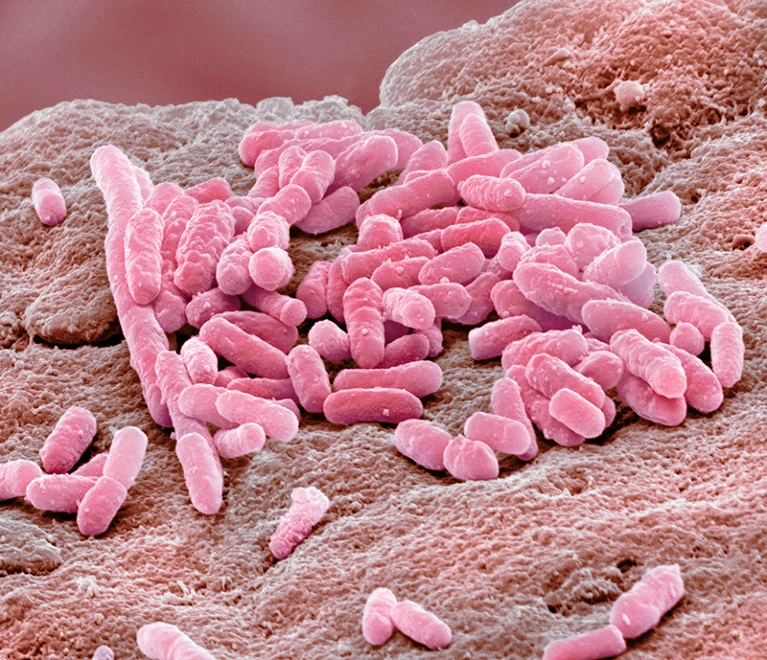Study: Antidepressants May Be Linked to Antibiotic Resistance
A new study from Australia's Queensland University has shown that the use of antidepressants may cause antibiotic resistance in the Escherichia coli (E

0:00
/0:00
Facts
- A new study from Australia's Queensland University has shown that the use of antidepressants may cause antibiotic resistance in the Escherichia coli (E. coli) bacteria. If accurate, the link would mirror the broader causal relationship between the resistance of disease-causing bacteria to antibiotics and the overprescription of those drugs.
- The study compared one E. coli strain — MG1655 — to five antidepressants, including Prozac and Lexapro, and compared their strength against that of six types of antibiotics, such as beta [β] -lactams (penicillin derivatives) and macrolides (e.g. azithromycin, erythromycin).
- In the lab-grown bacteria, the antidepressants caused the cells to generate reactive oxygen species — toxic molecules that activate the microbe’s defense mechanisms — allowing the bacteria to eliminate various molecules, including antibiotics.
- The research, published in the journal PNAS, also predicted that antidepressants would accelerate the mutation and emergence of antibiotic-resistant bacteria, as well as help to maintain and even increase resistance over time.
- Experiments with the antidepressants sertraline (Zoloft) and duloxetine (Cymbalta) led to the highest number of resistant bacterial cells, with the lead author of the study Jianhua Guo saying that the resistance develops 'even after a few days' exposure.' The findings come as estimates show 1.2M people died due to antibiotic resistance in 2019 alone.
- Guo said his lab plans to look further at the microbiomes of mice given antidepressants, as early data has shown that the drugs can change the animals’ gut microbiota and promote gene transfer. However, he also cautioned people not to stop taking antidepressants solely due to the study.
Sources: Nature, New York Post, Nature, English, New York Post and Nature.
Narratives
- Narrative A, as provided by Dailycal. It is early days in studies concerning antidepressants and antibiotic resistance, and this evidence is not yet conclusive. However, we know for sure that the overuse of antibiotics itself causes problems for public health. Intensive farming methods mean most livestock and poultry are pumped with antibiotics which then enter humans through consumption. This, coupled with the contamination of our water supply, has left our species vulnerable to some of the world's most dangerous diseases.
- Narrative B, as provided by Newsweek. The idea that antidepressants are linked to resistance to antibiotics has been known by the scientific community for years — this new research is only strengthening preexisting theories. As millions of people are set to die from this phenomenon in the coming decades, it's time to prioritize the issue, and look for ways to avoid what were once easily preventable deaths.
- Narrative C, as provided by Ucl. The drastic increase in antidepressant use over the last 30 years should, itself, be questioned. New research from University College London has shown that serotonin levels in those with depression are the same as those without, if not greater, suggesting that Big Pharma pushed the 'chemical imbalance' theory of depression solely to make profits. If overuse of antidepressants could be contributing to antibiotic resistance, as well as causing unnecessary human suffering, the culture around their consumption may be in need of radical reform.
- Nerd narrative, as provided by Metaculus. There is a 50% chance that there will be at least 64.2K deaths in the US due to antibiotic-resistant infections in 2035, according to the Metaculus prediction community.






